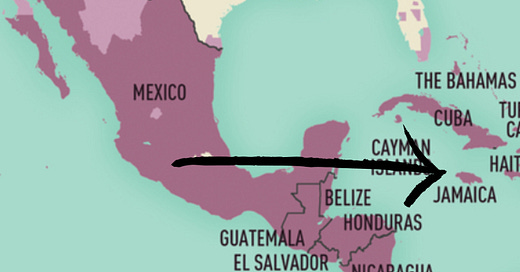The Jamaica Ministry of Health, in an update last week, reports 3,147 suspected, presumed, and confirmed dengue cases as of Wednesday, November 8, 2023. Of the cases classified, 870 are confirmed cases.
This is a significant increase in cases compared to the 81 total dengue cases reported during the same period in 2022.
Jamaican health authorities also reported a total of nine dengue-related deaths – seven classified as suspected and two as confirmed. No deaths have been recorded in the past two weeks.
Kingston & St. Andrew parish accounts for the most cases with 776. St. Thomas parish has the highest rate of 382.5 cases per 100,000 population.
Three of the four dengue serotypes (Dengue Serotypes 2, 3 and 4) have been reported; however, dengue Serotype 2 remains the dominant strain.
A number of interventions have been implemented for vector control to include distribution of drum covers in communities with high water storage, fogging, removal of bulky waste and search & destroy and health education activities across the island.
Subscribe to Outbreak News TV on YouTube
Members of the public are implored not to use aspirin, diclofenac, ibuprofen, or any of the medications/pain relievers known as non-steroidal anti-inflammatory drugs (NSAIDs). These drugs, when used to treat the fever in Dengue, have been known to increase the severity of the disease.
Persons are asked to play their part in ensuring that the Dengue cases are minimized by monitoring water storage containers for mosquito breeding; keeping surroundings free of debris; destroying or treating potential mosquito breeding sites; wearing protective clothing and using a DEET-containing mosquito repellant.
Dengue is a disease caused by a virus spread through mosquito bites. The disease can take up to 2 weeks to develop with illness generally lasting less than a week.
Health effects from dengue include fever, headache, nausea, vomiting, rash, muscle and joint pain, and minor bleeding.
Dengue can become severe within a few hours. Severe dengue is a medical emergency, usually requiring hospitalization.
In severe cases, health effects can include hemorrhage (uncontrolled bleeding), shock (seriously low blood pressure), organ failure, and death.





